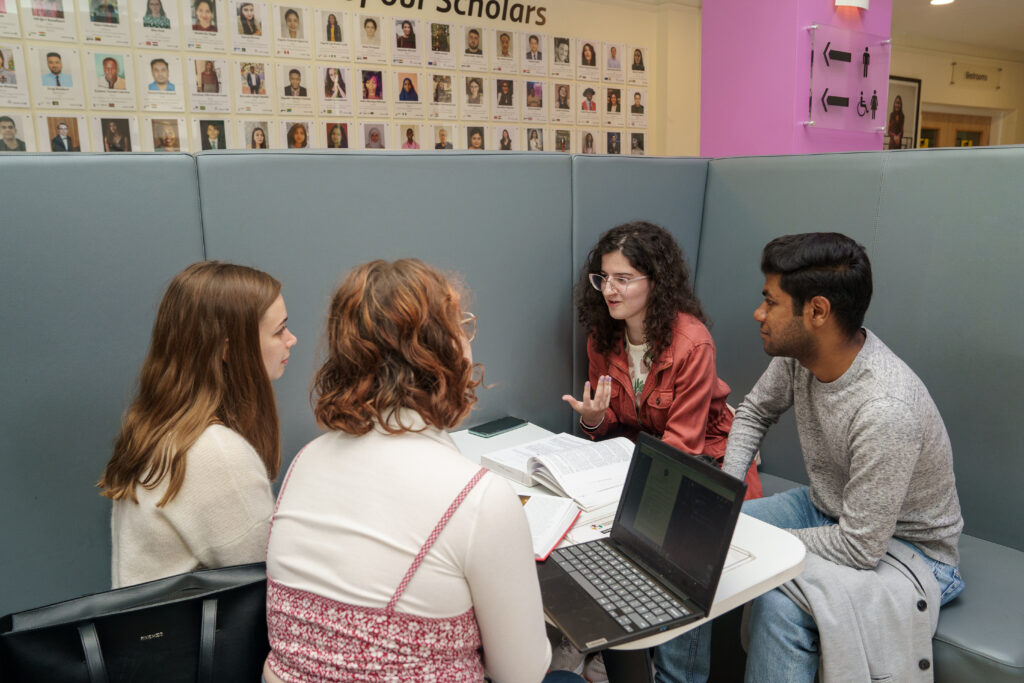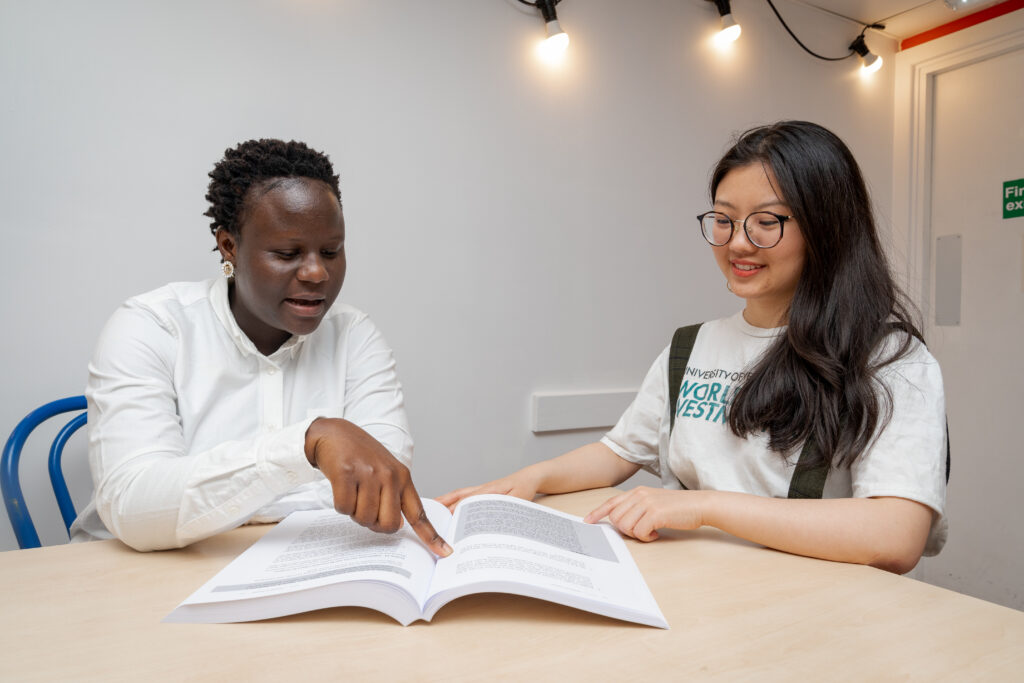Success in academics isn’t just about intelligence — it’s about adopting effective study habits that help you maximise your learning potential. Whether you’re a student looking to enhance your study routine or a student who is new to managing the workload of university. In this blog post, we’ll delve into essential study habits for successful students and provide actionable tips to help you reach your academic goals.
Establish a Consistent Study Routine
Consistency is key when it comes to studying. Setting aside dedicated blocks of time each day or week for studying will help you stick to your schedule as much as possible. By establishing a routine, you’ll develop a habit of studying regularly, which can lead to better retention of information and improved academic performance over time. I personally like to create a study timetable, so I can see a physical representation of what I have to do.
Create a Distraction Free Environment
Find a quiet, comfortable space where you can focus on your studies without distractions. Turn off your phone or use apps to block distracting websites. We all know how distracting social media can be so, it’s good to be able to have self-control and not use your phone whilst studying. Minimise interruptions from roommates or family members by going somewhere no one can disturb you. Creating a beneficial study environment can help you stay focused and productive during your study sessions.

Use Active Learning Techniques
Instead of passively reading or highlighting text, engage in active learning techniques that promote deeper understanding and retention of material. This could include summarising key concepts in your own words, teaching the material to a study partner, or creating flashcards to quiz yourself. Actively engaging with the material can enhance your learning experience and improve your ability to recall information. I find being able to recite what I have learnt to someone else helps me remember what I’m studying better. However, you should try all the techniques to know which one works best for you.
Break Down Study Sessions into Manageable Tasks
Studying for long stretches of time can lead to burnout and decreased productivity. Furthermore, if you break down your study sessions into smaller, more manageable tasks or topics, and take regular breaks you would be able to rest and recharge. This approach can help you maintain focus and motivation throughout your study sessions while preventing you to feel overwhelmed.

Utilise Effective Note-Taking Strategies
Effective notetaking is a crucial skill for successful students. Experiment with different note-taking methods, such as the Cornell method, mind mapping, or the outline method, to find the one that works best for you. Be sure to review and organise your notes regularly to help you understand your material and identify any gaps in your knowledge.
Practice Self-Testing
Self-testing is a powerful study technique that involve actively recalling information from memory. Quiz yourself on key concepts, use practice exams or questions provided by your lecturers, or create your own quizzes to test your understanding of the material. Regular practice can improve your long-term retention of information and boost your performance on exams. However, if you are working with a friend, you can test each other and record your progress.
Seek Help When Needed
Don’t hesitate to seek help when you encounter challenges or have questions about course material. Reach out to your lecturers, friends or tutors for clarification or additional support. Asking for help is a sign of strength, not weakness, and taking proactive steps to address any difficulties can help you stay on track toward academic success.

By adopting these study habits, you can set yourself up for success and make the most of your academic journey. Remember, developing effective study habits takes time and effort, so be patient with yourself as you incorporate these strategies into your routine. With dedication and perseverance, you can achieve your academic goals and excel as a successful student.
Have you also read these articles?

